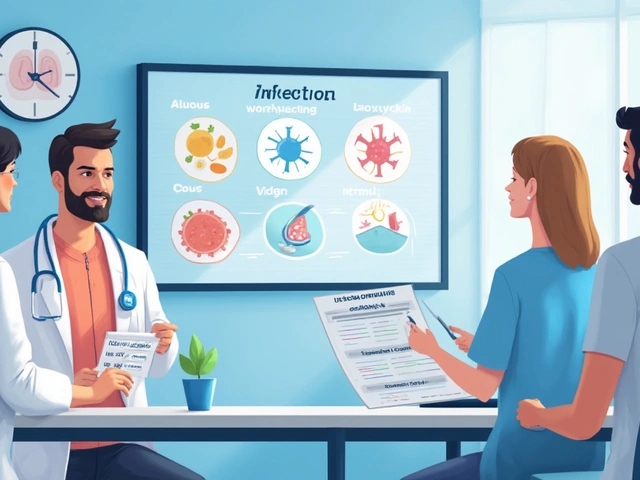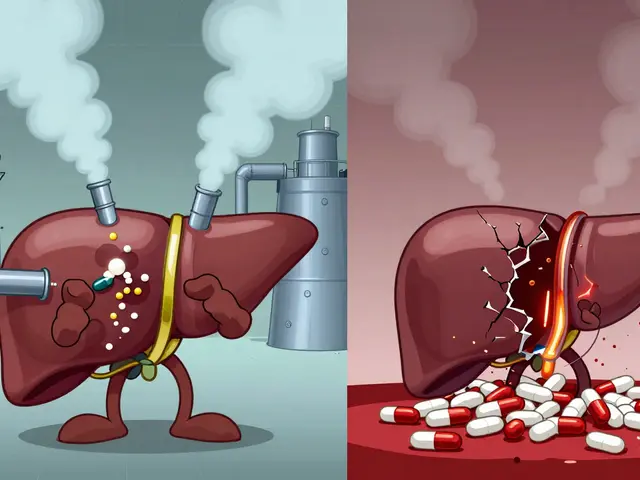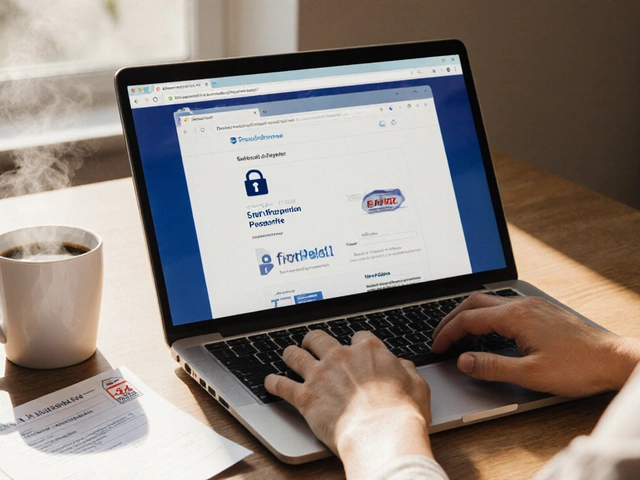Irritable Bowel Syndrome (IBS): What It Feels Like and How to Start Feeling Better
Up to 10–15% of people live with irritable bowel syndrome. If your gut regularly flips between cramps, bloating, diarrhea or constipation, you might have IBS. It’s common, frustrating, and treatable. This page gives clear, usable steps you can try today to reduce flare-ups and feel more in control.
IBS isn’t the same for everyone. Typical signs are belly pain linked to bowel changes, bloating, the urge to go after eating, mucus in stool, and inconsistent bowel habits. Symptoms often come and go. Keep a simple symptom log for two weeks: note foods, stress, sleep, and what helps or makes it worse. That log is gold when you talk to your doctor.
Common Triggers and How to Test Them
Food is a big trigger but not the only one. Try a few controlled tests rather than guessing. First, cut back on obvious offenders: caffeine, alcohol, fatty or fried foods, and large meals. Next, try a low-FODMAP approach for 2–6 weeks—this removes specific carbs that feed gut fermenting bacteria and cause gas. Don’t do it alone long term; reintroduce foods slowly to find your personal tolerance.
Fiber matters, but type matters more. Soluble fiber (psyllium, oats, apples) often helps both constipation and loose stools. Insoluble fiber (bran, raw veggies) can make cramps worse for some people. Try adding a small dose of psyllium and see how your bowels respond. Also watch portions: large meals can trigger immediate symptoms.
Practical Treatments and When to See a Doctor
There are simple over-the-counter options: loperamide can calm diarrhea, osmotic laxatives can ease constipation, and peppermint oil capsules often reduce cramping. Probiotics help some people—look for strains shown in studies like Bifidobacterium and certain Lactobacillus blends. If symptoms are moderate to severe, talk to your doctor about prescription antispasmodics, low-dose antidepressants for pain, or targeted meds for constipation or diarrhea.
Don’t ignore red flags. See a doctor fast if you have unexplained weight loss, blood in stool, fever, night sweats, or if symptoms start after age 50. Your doctor may order blood tests, stool checks, or a colonoscopy to rule out other conditions.
Stress and sleep affect your gut a lot. Quick wins: regular light exercise, 7–8 hours sleep, and simple breathing or mindfulness for 10 minutes daily. If stress keeps triggering your gut, gut-focused psychotherapy or cognitive behavioral therapy often helps more than you’d expect.
IBS is a mix of manageable lifestyle moves and targeted treatments. Track what works, ask for help when you need it, and remember small, consistent changes usually beat big, short-lived diets. If you want, start a two-week food and symptom diary right now and use it when you talk to your clinician.




